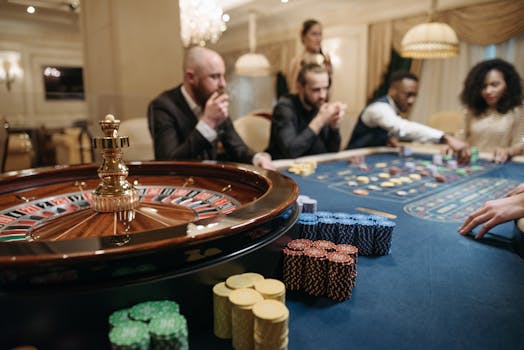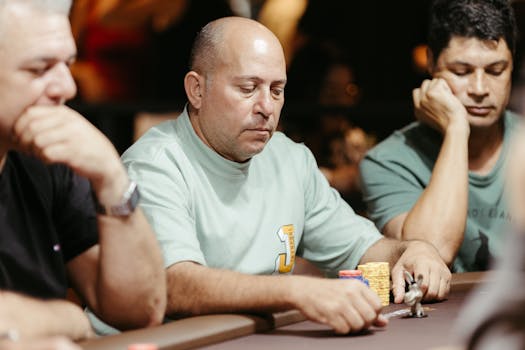Why Do People Keep Betting Despite the Odds?
Gambling is an activity that intrigues millions worldwide, despite the generally unfavorable odds. From casinos to sports betting, the lure of gambling remains strong. But why do people keep betting even when the odds are against them? This article explores the psychology behind gambling, the excitement it offers, and why the risk often seems worth the reward.
The Thrill of the Unknown
One primary reason people continue to gamble is the thrill of uncertainty. The unpredictable nature of gambling provides an adrenaline rush that can be hard to find elsewhere. The excitement of potentially winning big, despite the odds, can be highly enticing.
Advantages: This thrill can increase dopamine levels in the brain, providing a feeling of euphoria similar to that experienced in other exhilarating activities like sports or roller coasters.
Disadvantages: The downside is that this can lead to addiction. The brain begins to associate gambling with pleasure, making it difficult for some to stop, even in the face of repeated losses.
Examples: Casinos expertly capitalize on this thrill by offering games with random outcomes and big jackpots. The chance of hitting it big can keep players coming back for more.
Social Interactions and Cultural Influences
Gambling is often a social activity. Whether at a bingo hall, a poker night with friends, or visiting a casino, the social aspects can be appealing.
Advantages: These interactions can enhance enjoyment and provide a communal sense of winning or commiserating over losses.
Disadvantages: Peer pressure can exacerbate gambling behaviors, pushing individuals to bet more than they might alone. Cultural factors also play a role; in some societies, gambling is seen as a rite of passage or an important community event, which can normalize frequent betting.
Examples: Poker nights or casino trips are often marketed as group activities, emphasizing fun and camaraderie over the potential financial losses.
Escapism
Gambling provides an escape from everyday worries or boredom. For some, it's a break from the monotony of daily life or a way to avoid dealing with stress.
Advantages: As a form of escapism, gambling can provide temporary relief from personal problems or negative feelings.
Disadvantages: The relief gambling provides is only temporary. It can lead to a cycle where individuals gamble more to avoid facing their issues, potentially worsening their problems in the long run.
Examples: Slot machines are designed to immerse players, often encouraging them to lose track of time and reality. This can be particularly appealing for those looking to escape.
The Misconception of Control
Many gamblers believe they can exert some control over the outcome of their bets, whether through skill, strategy, or superstitions. This belief can keep them betting even when the odds are low.
Advantages: This can make gambling more engaging and satisfying, as players feel they are actively influencing the game.
Disadvantages: It can also lead to what psychologists call 'the gambler's fallacy' — the belief that one can predict future outcomes based on past events, which is not possible in games of chance.
Examples: In games like blackjack or poker, where some skills can indeed influence outcomes, the perception of control is stronger. However, for purely chance-based games like slots or roulette, any sense of control is illusory.
Conclusion
People continue to gamble despite the odds for various reasons: the thrill of uncertainty, social interactions, escapism, and the misconception of control. Each of these factors has its advantages, offering excitement and a temporary reprieve from daily life, but they also have significant drawbacks, such as the risk of addiction and financial loss.
If you find yourself or someone you know struggling with gambling addiction, it's important to seek help. Organizations like Gamblers Anonymous provide support and resources for those affected by gambling problems. Remember, the house always has the edge in the long run, and gambling should be approached as a form of entertainment, not a way to make money.
For those who choose to gamble, do so responsibly, understanding the risks and recognizing when it's time to stop.

.png)





